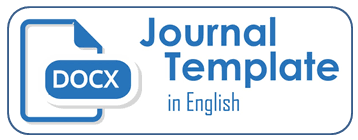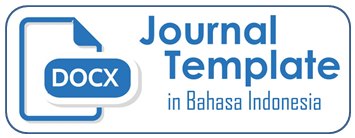ANALISIS MULTIATRIBUT ATTITUDE MODEL SEBAGAI STRATEGI MENYIAPKAN INOVASI, COMMERCE DAN PENGELOLAAN KEUANGAN EKONOMI KREATIF INDUSTRI KULINER DI SURAKARTA
DOI:
https://doi.org/10.26486/jramb.v9i2.3742Abstract
The city of Surakarta as a center for the creative economy has enormous cultural wealth and creative people. However, the challenge for the creative economy is that many creative economies are still on a micro scale, where understanding and experience in innovation, commerce and management are still low. The aim of this research is to determine the readiness of creative economy actors in the culinary sub-sector in the city of Surakarta in carrying out innovation, commerce and financial management. This research also produces strategic input to produce better performance. The type of research is descriptive research, while the research method used is the Multiattribute Attitude Model (MAM). The research results show that creative economy actors in the culinary sub-sector are very ready to carry out innovation, commerce and financial management. Meanwhile, SWOT analysis can provide strategic input for the development of innovation, commerce and financial reporting.
Downloads
Published
Issue
Section
License
Copyright (c) 2023 Remon Gunanta, Vitalis Ari Widiyaningsih

This work is licensed under a Creative Commons Attribution-NonCommercial-ShareAlike 4.0 International License.
Authors who publish with (JRAMB) Jurnal Riset Akuntansi Mercu Buana agree to the following terms:
Authors retain copyright and grant the JRAMB right of first publication with the work simultaneously licensed under a Creative Commons Attribution License (CC BY-SA 4.0) that allows others to share (copy and redistribute the material in any medium or format) and adapt (remix, transform, and build upon the material) the work for any purpose, even commercially with an acknowledgement of the work's authorship and initial publication in JRAMB. Authors are able to enter into separate, additional contractual arrangements for the non-exclusive distribution of the journal's published version of the work (e.g., post it to an institutional repository or publish it in a book), with an acknowledgement of its initial publication in JRAMB.
Authors are permitted and encouraged to post their work online (e.g., in institutional repositories or on their website) prior to and during the submission process, as it can lead to productive exchanges, as well as earlier and greater citation of published work (See The Effect of Open Access).












